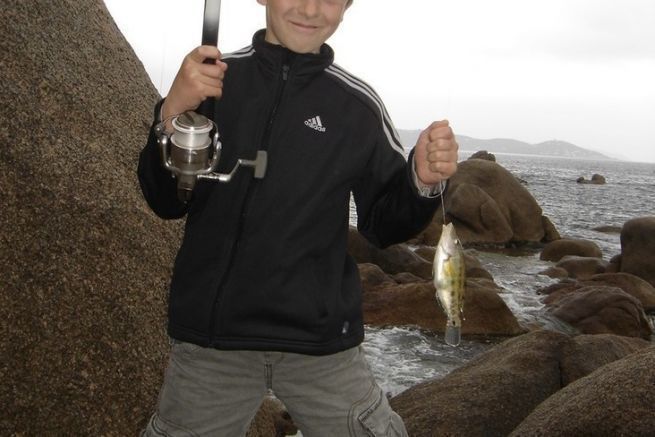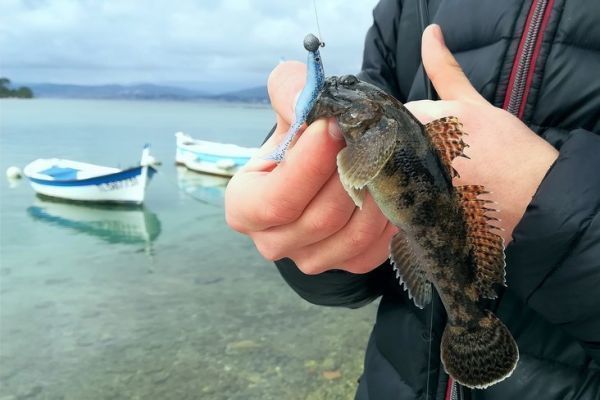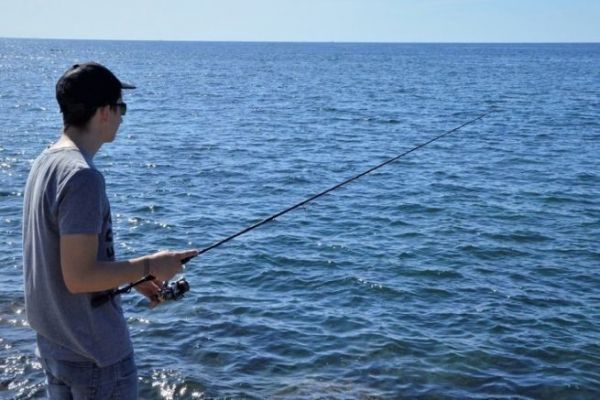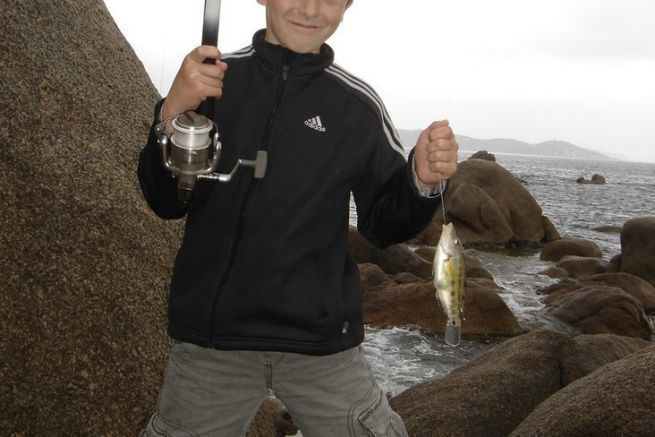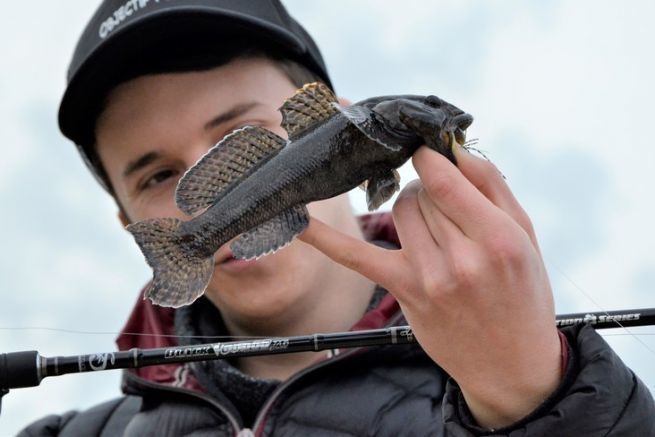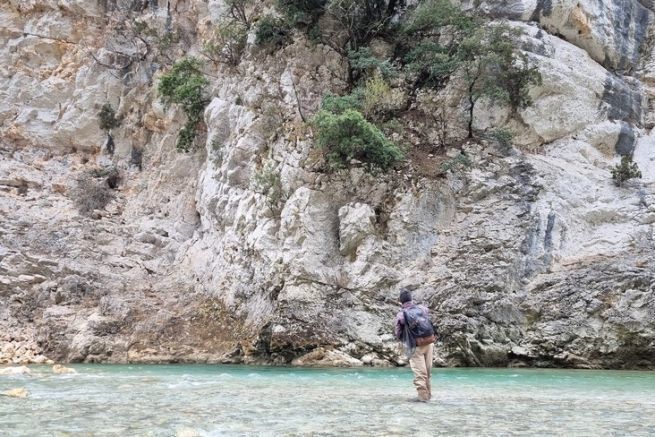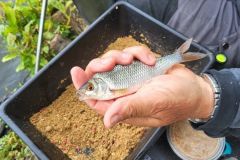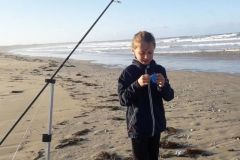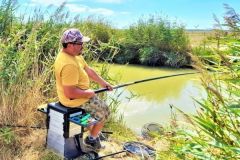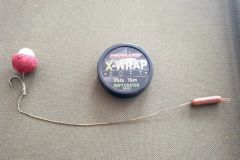Go fast
Fishing is the school of patience, but nowadays, children are often over-solicited. They are used to go from one thing to another in a short time. It is thus necessary to adapt to this rhythm of life very often opposite to the practice of fishing.
There is no point in trying to get a child to catch big fish at first, as you risk disgusting them by spending hours fishing without a single hit. It is better for the child to be able to catch his first fish quickly and to multiply the touches.
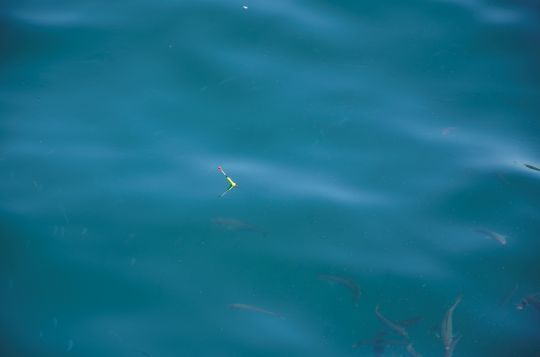
If you are fishing in fresh water, look for white fish on the hook. The visual aspect of the sinking cork will heighten the child's excitement. In the ocean, focus on rockfish or breadfruit fishing with a float, to show the child the presence of a multitude of fish in such a vast area.
Take your time
If it is advisable to multiply the touches and catches quickly to fully interest a child, it is also to maximize the time spent fishing. Many children do not have the patience to stay for hours with their rods in hand and this is quite normal. A child has a shorter attention span than an adult and you have to adapt.
It's better to have several short sessions than to spend a whole day fishing, unless the child already has the virus.
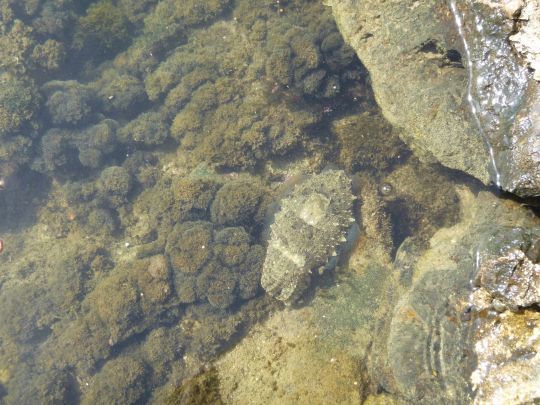
Take also the time to make him discover the environment, the various aquatic animals and let him play in this so particular environment. Fishing must remain a game for a child.
Immortalize the moment
In the past, children were proud to bring back their first catch to their mother who would try to cook some small fish to satisfy the budding fishermen.
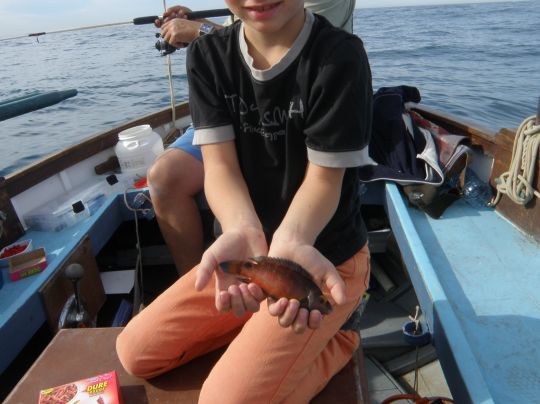
Today, children are less likely to eat their catch. Do not force them to kill a fish if you are not a no-kill fisherman. Take a few pictures of the fisherman with the fish to show family and friends to make the child proud. And put the fish back in the water with him, just to leave him with a lot of picturesâ?¦

 /
/ 